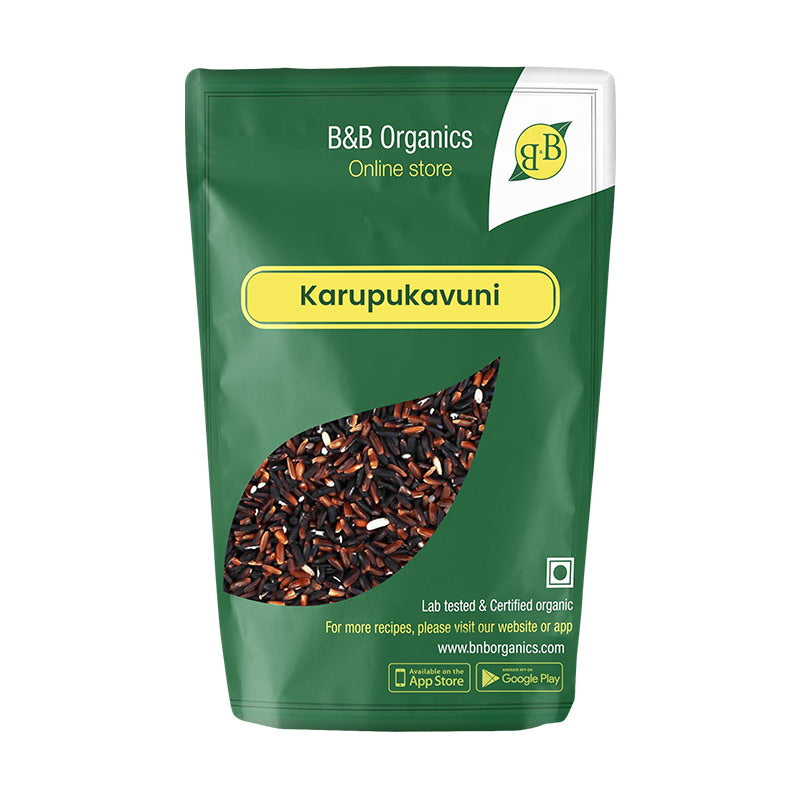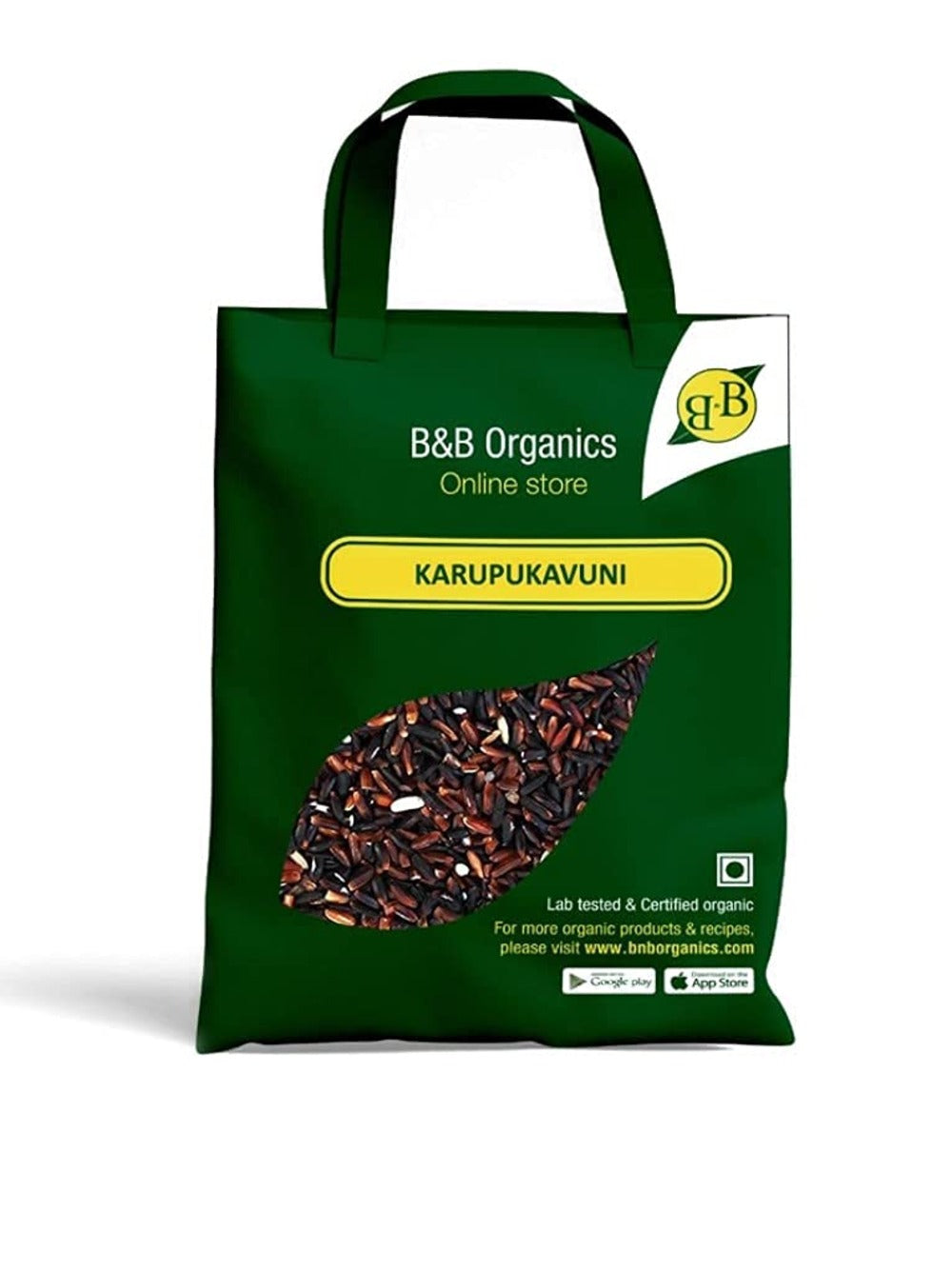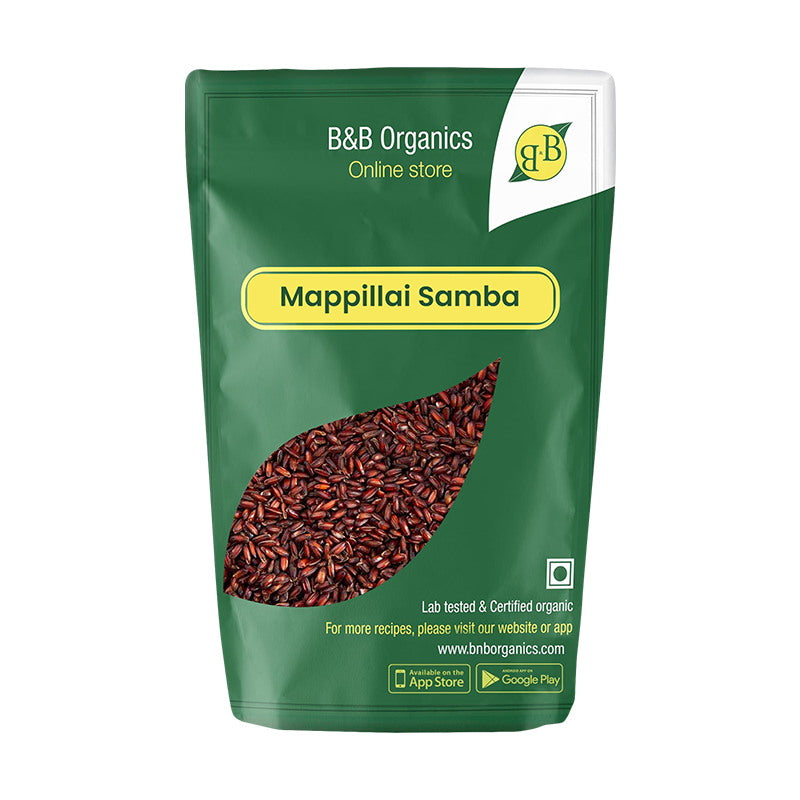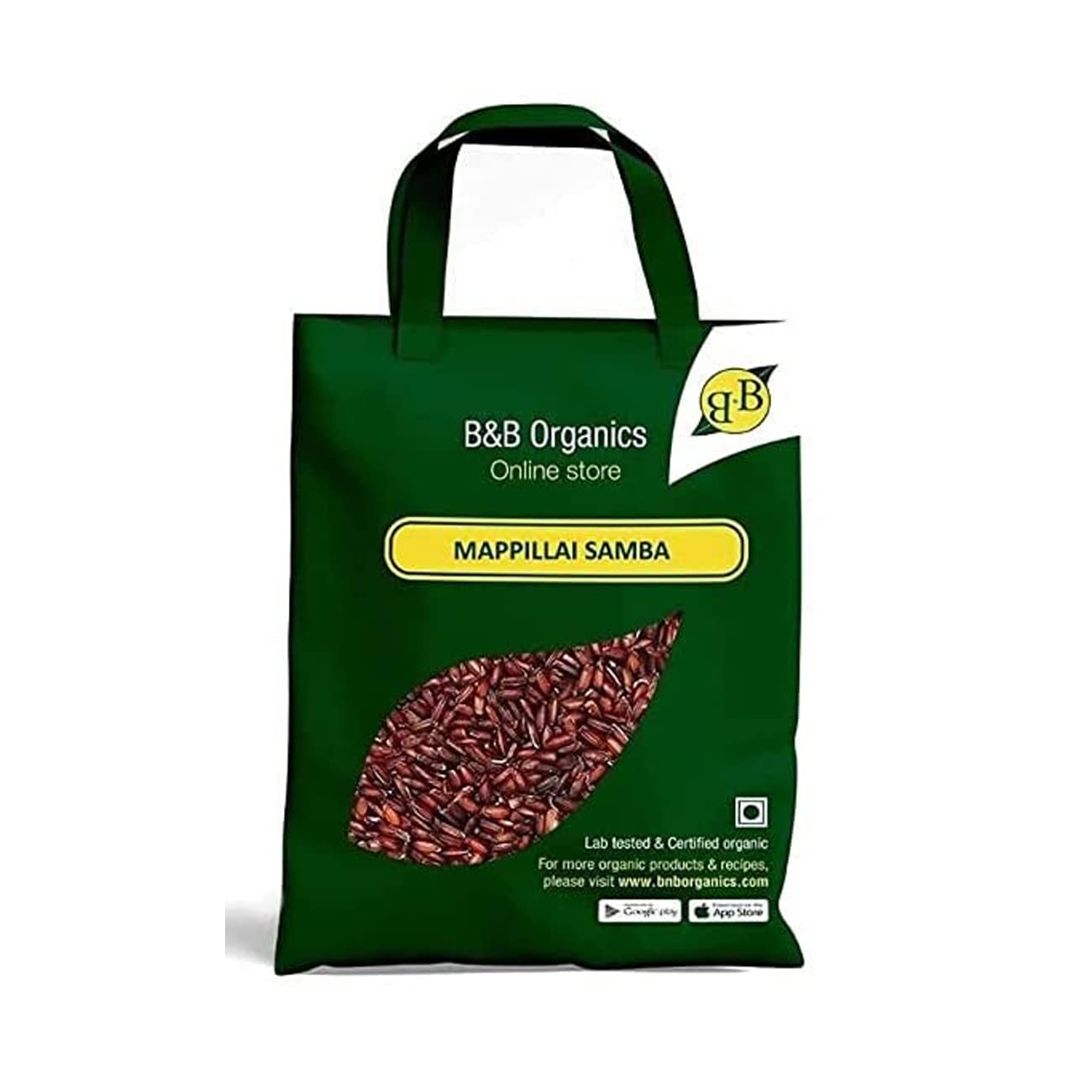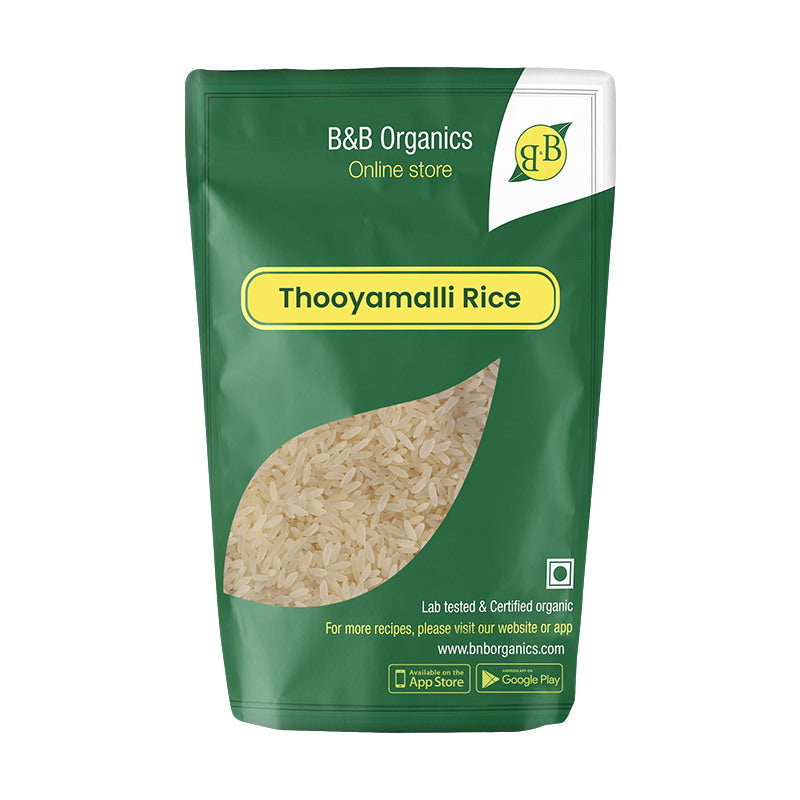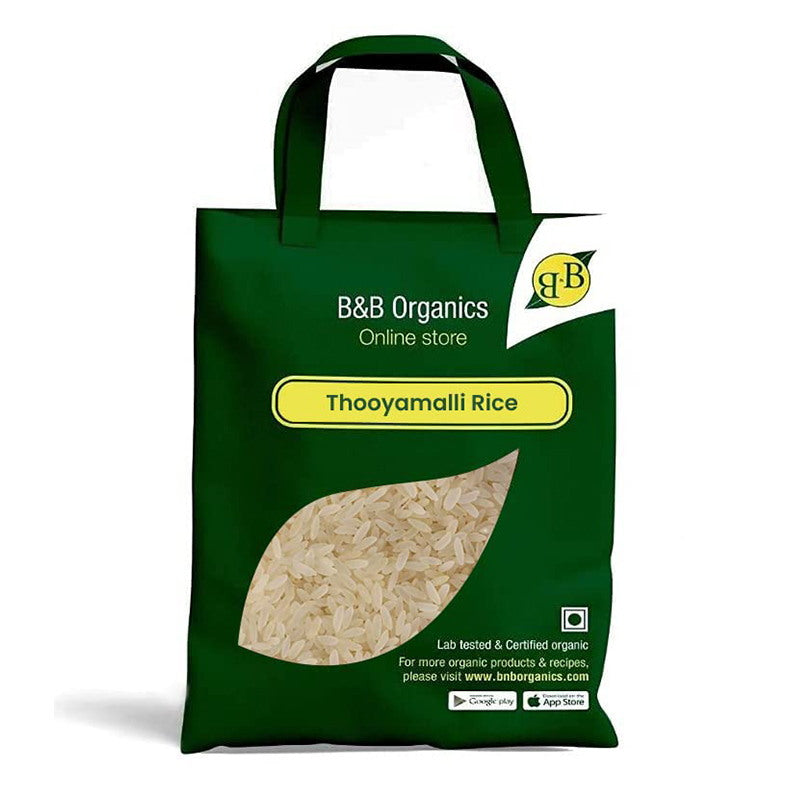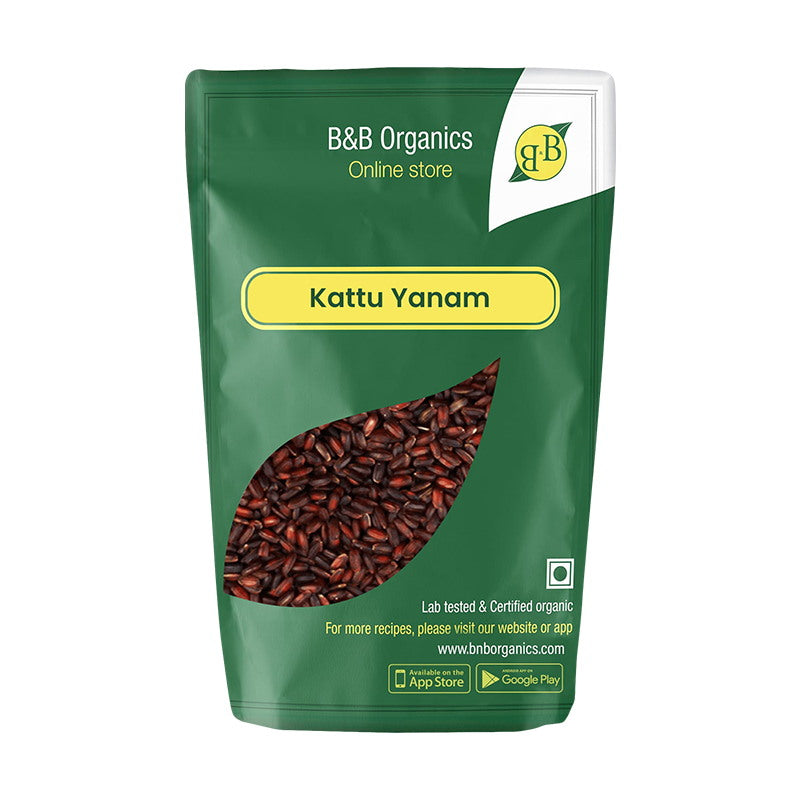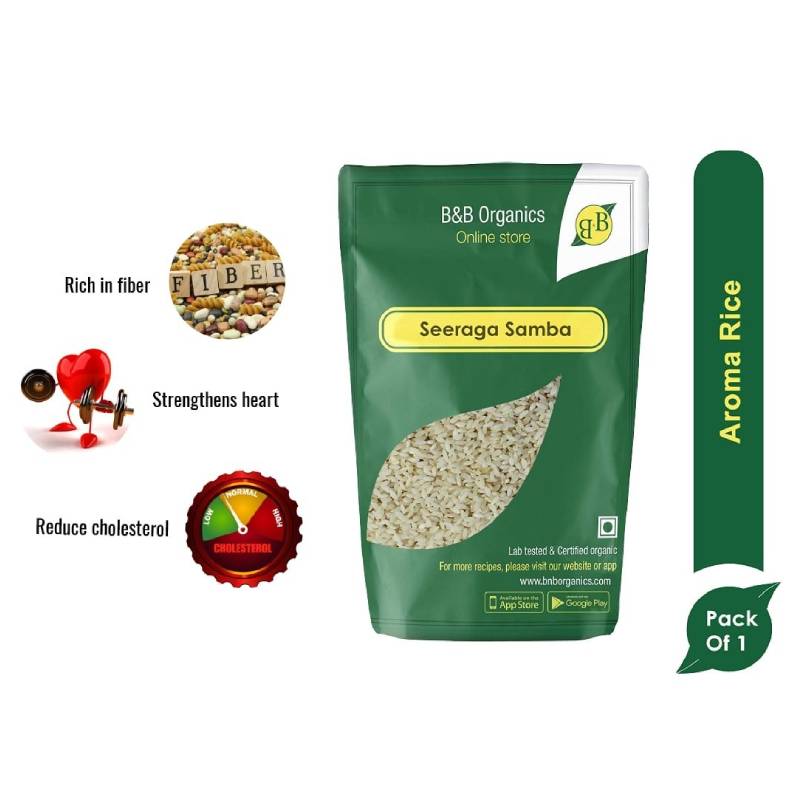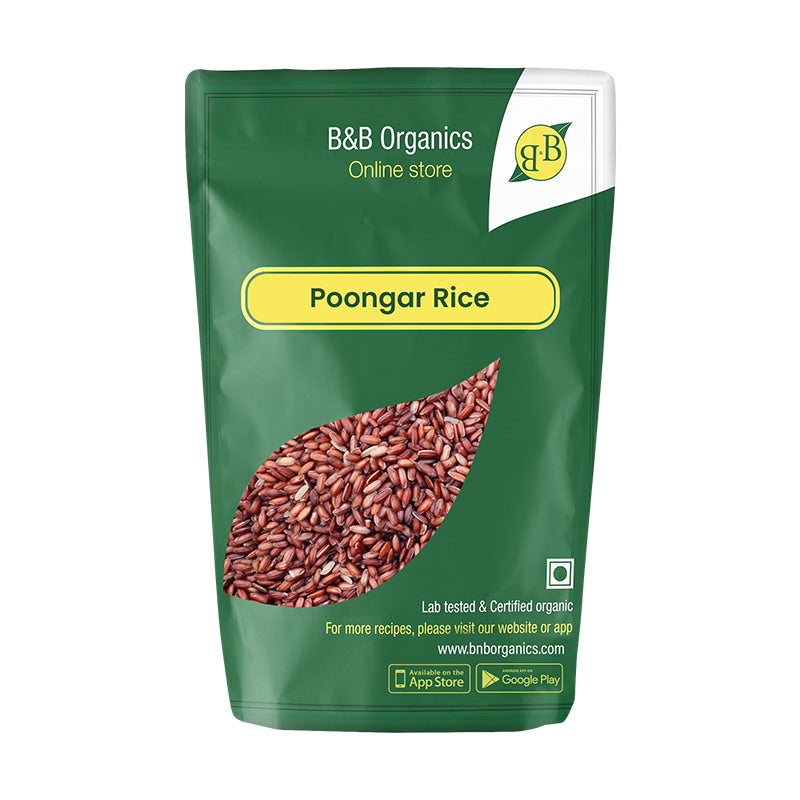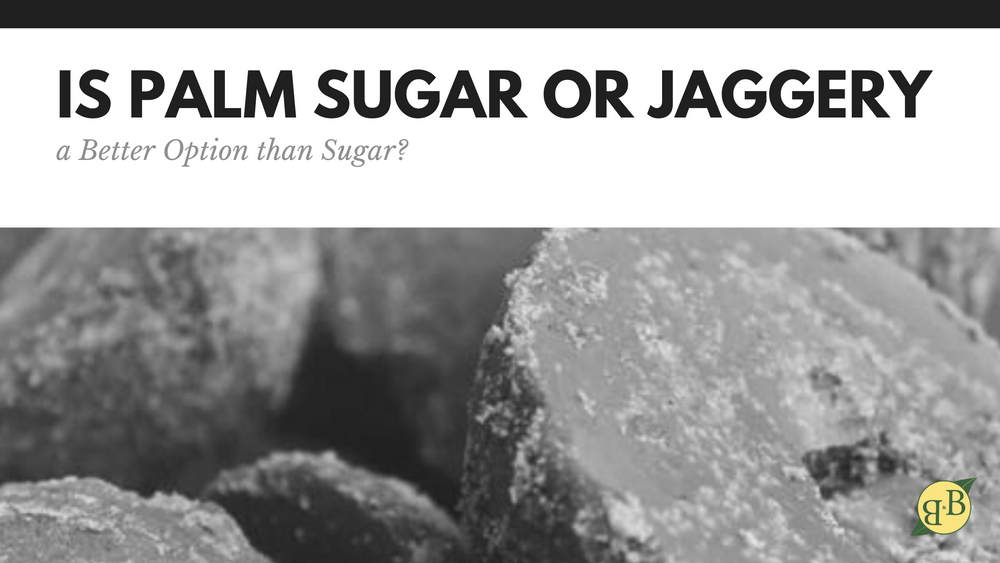
Palm jaggery, also known as karupatti or palm sugar, has become an increasingly popular alternative sweetener. But is organic palm jaggery actually healthier and more nutritious than regular refined cane sugar?
What is Palm Jaggery?
Palm jaggery is a type of unrefined sugar made from the sap of various palm trees native to South Asia and Southeast Asia, like palmyra, date, and coconut palms. The sap extracted from the palm trees is boiled to make a thick, brown, concentrated sweetener that can be used similarly to sugar.
Unlike highly refined white sugar, palm jaggery retains some micronutrients and plant compounds from its natural plant sources that are often removed in the refining process. This makes it considered a less processed, more nutritious alternative to regular table sugar by some.
Nutrition Facts: Palm Jaggery vs. Refined Sugar
When it comes to nutrition, research shows palm jaggery contains higher amounts of some vitamins and minerals compared to refined white sugar:
Iron Palm jaggery is well known as an excellent source of iron. 100 grams provides about 11-13 mg of iron, meeting 61-72% of the daily value. This is substantially higher than refined sugar, which contains only trace amounts of iron.
Getting adequate iron is crucial, especially for vegans/vegetarians and women during pregnancy. Iron plays a key role in circulation and energy production.
Magnesium & Potassium
Palm jaggery also contains more magnesium and potassium than refined sugar. 100 grams provides around 40-50 mg magnesium (10-13% DV) and 600 mg potassium (13% DV). Refined sugar has none.
These minerals are important for muscle, nerve, enzyme function, and managing blood pressure.
B Vitamins
As a natural sweetener, palm jaggery retains vitamins like riboflavin, niacin, thiamin, pyridoxine, and folic acid that are removed when sugarcane is highly refined. It’s a decent source of B-vitamins, while refined sugar contains none.
B-vitamins help convert food into cellular energy and are vital for healthy blood cells, skin, hair, and liver.
Other Minerals
In addition, palm jaggery contains small amounts of minerals like calcium, phosphorus, manganese, selenium and zinc. It has slightly more mineral content compared to refined white sugar.
So in terms of nutrition, organic palm jaggery has a clear advantage over regular processed cane sugar by being less refined and retaining some vitamins and minerals.
Phytochemicals in Palm Jaggery
In addition to vitamins and minerals, palm jaggery contains beneficial plant compounds and antioxidants not found in regular crystallized sugar:
Phenolic Compounds Research shows palm jaggery contains phenolic compounds that act as antioxidants in the body to prevent cell damage from free radicals. Studies show jaggery has higher total phenols than refined sugar.
Phytosterols Palm jaggery also contains high levels of phytosterols compared to refined sugar. Phytosterols are plant compounds that help reduce LDL “bad” cholesterol levels.
Policosanols Policosanols in palm jaggery also have antioxidant properties. Studies suggest they may help lower “bad” LDL cholesterol while raising “good” HDL cholesterol levels in the body.
So the phytochemicals in organic palm jaggery can provide additional health benefits that regular table sugar lacks.
Glycemic Index and Blood Sugar Effects
For people with diabetes or blood sugar concerns, the glycemic index (GI) of a sweetener is an important factor. The GI measures how quickly a food raises blood sugar.
Palm jaggery has a glycemic index of 35-43. This is considerably lower than refined sugar's GI of 60-70. Foods with a lower GI do not spike blood sugar levels as quickly.
This suggests palm jaggery may be a healthier sugar alternative for diabetics and those managing blood sugar compared to regular table sugar. However, portion control is still important, as it does elevate blood glucose.

Potential Health Benefits of Organic Palm Jaggery
Here are some of the top science-backed ways organic palm jaggery may benefit health compared to regular processed cane sugar:
1. Better for Blood Sugar Control
As discussed, palm jaggery has a lower GI than refined sugar, so it does not raise blood sugar as rapidly. This makes it a better choice for diabetics. One study gave diabetics jaggery powder for 30 days. It improved fasting blood glucose levels without major spikes.
2. May Improve Anemia
Several studies confirm consuming palm jaggery can raise hemoglobin levels in individuals with anemia. This is likely due to its rich iron content. Taking 1 teaspoon of jaggery powder for 30-40 days significantly improved hemoglobin levels in adolescent girls with iron-deficiency anemia.
3. Reduces Constipation
Research shows giving pregnant women jaggery helps relieve constipation. This laxative effect is attributed to its minerals and phytochemicals. Palm jaggery's dietary fiber content also promotes healthy digestion.
4. Healthy Weight Management
Palm jaggery has a low glycemic load of 13, versus refined sugar’s 20. Foods with a lower GL sustain energy longer and may help with appetite control and weight management.
5. May Relieve Joint Pain
According to Ayurveda, palm jaggery strengthens bones and joints. One study had participants take 1 teaspoon daily. After one month, over 90% of participants with rheumatoid arthritis reported palm jaggery relieved joint pain and improved mobility.
6. Rich in Antioxidants
As mentioned earlier, palm jaggery contains beneficial antioxidants like phenols and policosanols missing in refined sugar. These compounds fight free radicals that damage cells and lead to disease. Regular intake of jaggery increases antioxidant status.
7. Environmentally Friendly
Organic, local palm jaggery is considered eco-friendly. It comes from renewable palm trees and sustainable production methods. There are no major environmental impacts compared to large-scale sugarcane farming.
Therefore, incorporating palm jaggery as an alternative sweetener provides several potential benefits from vitamins and minerals to blood sugar control, detoxification, and antioxidant effects.
Downsides and Things to Keep in Mind
While palm jaggery appears to be a healthier option than refined table sugar, there are some downsides to consider:
- Calorie density: Palm jaggery contains just as many calories and carbohydrates as white sugar - about 65 calories and 17g carbs per tablespoon. Portion control is still key.
- Dental health: Like any sugar, excessive palm jaggery consumption can lead to tooth decay. Practice good dental hygiene.
- Allergies: Those allergic to palm products should avoid palm jaggery, as cross-reactivity can occur.
- Contaminants: Some brands may contain contaminants if not properly processed. Opt for organic, high-quality palm jaggery.
- Iron overload: Individuals with hemochromatosis or iron overload issues should moderate intake due to its high iron content.
So while palm jaggery appears to edge out refined sugar in many regards, moderate intake and careful selection of high-quality, organic brands is still recommended, like with any food.
How to Select and Store Palm Jaggery
When shopping for palm jaggery, here are some tips for selecting quality product:
- Choose organic: Opt for jaggery certified organic to ensure no harmful solvents or chemicals were used in production. This also guarantees it's non-GMO.
- Reputable brand: Purchase palm jaggery from reputable brands that noted their sourcing and production process. This ensures quality control.
- Look for pure, no additives: Higher quality palm jaggery contains only palm sap, with no other ingredients, additives, or preservatives.
- Proper processing: Better brands use traditional methods of processing the sap into jaggery, avoiding contamination.
For storage, keep palm jaggery in an airtight container in a cool, dry place away from moisture and direct sunlight. It can last 6-12 months this way before drying out. You can also refrigerate palm jaggery blocks or powder.
How to Add Palm Jaggery to Your Diet
Here are some easy ways to incorporate organic palm jaggery into your daily diet:
- Substitute palm jaggery 1:1 in place of refined cane sugar in tea or coffee
- Use it to sweeten oatmeal, yogurt, baked goods, smoothies, or desserts
- Combine with ginger and lemon for an immunity-boosting tea
- Stir into warm milk for a soothing drink before bed
- Pair it with spices like cinnamon, cardamom, cloves for chai or lattes
- Add it to curry dishes, chutneys, or marinades for a flavor/nutrition boost
- Snack on palm jaggery cubes or drink diluted jaggery water (jaggery pani)
- Blend palm jaggery powder into homemade skin/hair scrubs
Start slowly, substituting just 1-2 teaspoons of refined sugar for palm jaggery at a time to allow your body to adjust to the deeper molasses-like taste and ginger notes.
The Bottom Line
Organic palm jaggery appears to offer more nutritional value and health benefits than regular processed cane sugar. Its lower glycemic impact, antioxidants, and micronutrients like iron make it a smarter alternative sweetener, though intake should still be moderate. When buying palm jaggery, be sure to choose high-quality, organic brands free of additives. Incorporating this traditional sweetener can add flavor and nutrition to your diet.



